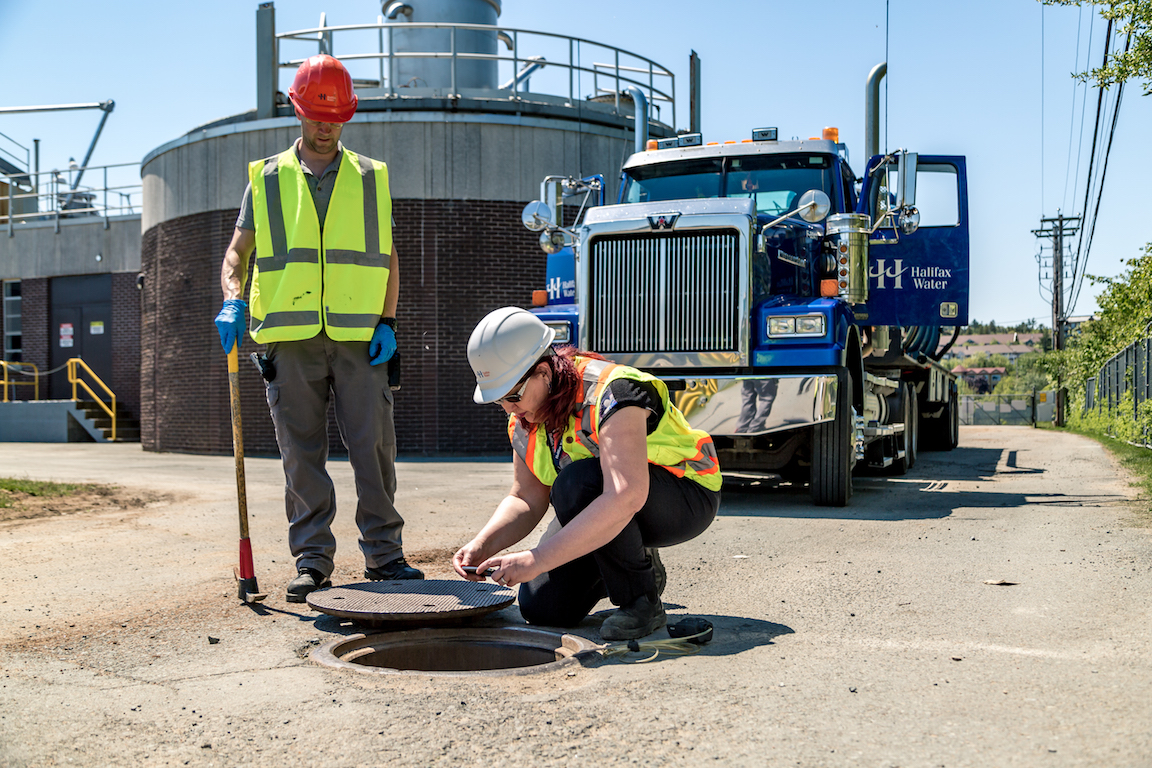A new report from the Brookings Institution, which looks at the U.S. water sector, has generated a detailed and data-driven look at careers therein, finding that while there are looming shortages and a need for diversity in the water workforce, these jobs provide tremendous economic opportunity.
Renewing the Water Workforce: Improving water infrastructure and creating a pipeline to opportunity was released on June 14th. Although the data is focused on the U.S. market, Canada’s water sector can leverage U.S. market research to drive growth at home. Further, the U.S. and Canada have partnered to drive women-led entrepreneurship on both sides of the border.
“The report reveals the sizable economic opportunity offered by water jobs, including the variety of occupations found across the country, the equitable wages paid, the lower educational barriers to entry, and the need for more diverse, young talent,” write authors Joe Kane and Adie Tomer of the Brookings Institution.
Kane and Tomer examined occupational employment data and made several key findings:
- Women make up only 14.9 per cent of the water workforce, compared to 46.8 per cent of all workers nationally.
- In 2016, nearly 1.7 million workers were directly involved in designing, constructing, operating, and governing U.S. water infrastructure, spanning a variety of industries and regions.
- Water occupations not only tend to pay more on average compared to all occupations nationally, but also pay up to 50 per cent more to workers at lower ends of the income scale.
- Most water workers have less formal education, including 53 per cent having a high school diploma or less. Instead, they require more extensive on-the-job training and familiarity with a variety of tools and technologies.
- Water workers tend to be older and lack gender and racial diversity in certain occupations; in 2016, nearly 85 per cent of them were male and two-thirds were white, pointing to a need for younger, more diverse talent.
“While the Water Environment Federation (WEF) and our colleagues across the water sector have long been aware of the challenges and opportunities of our workforce, we are grateful that the Brookings Institution produced this timely, detailed report that contains fresh data,” said Eileen O’Neill, WEF Executive Director. “It is imperative on all of us to examine the findings and accelerate our efforts to ensure a sustainable and talented water workforce.”
In May, Canada’s Minister of Natural Resources, Jim Carr, unveiled a nationwide contest for aspiring Canadian female cleantech entrepreneurs. And this week, the Canadian Water Summit will host the Women in Water Workplace Diversity Brunch & Workshop.









